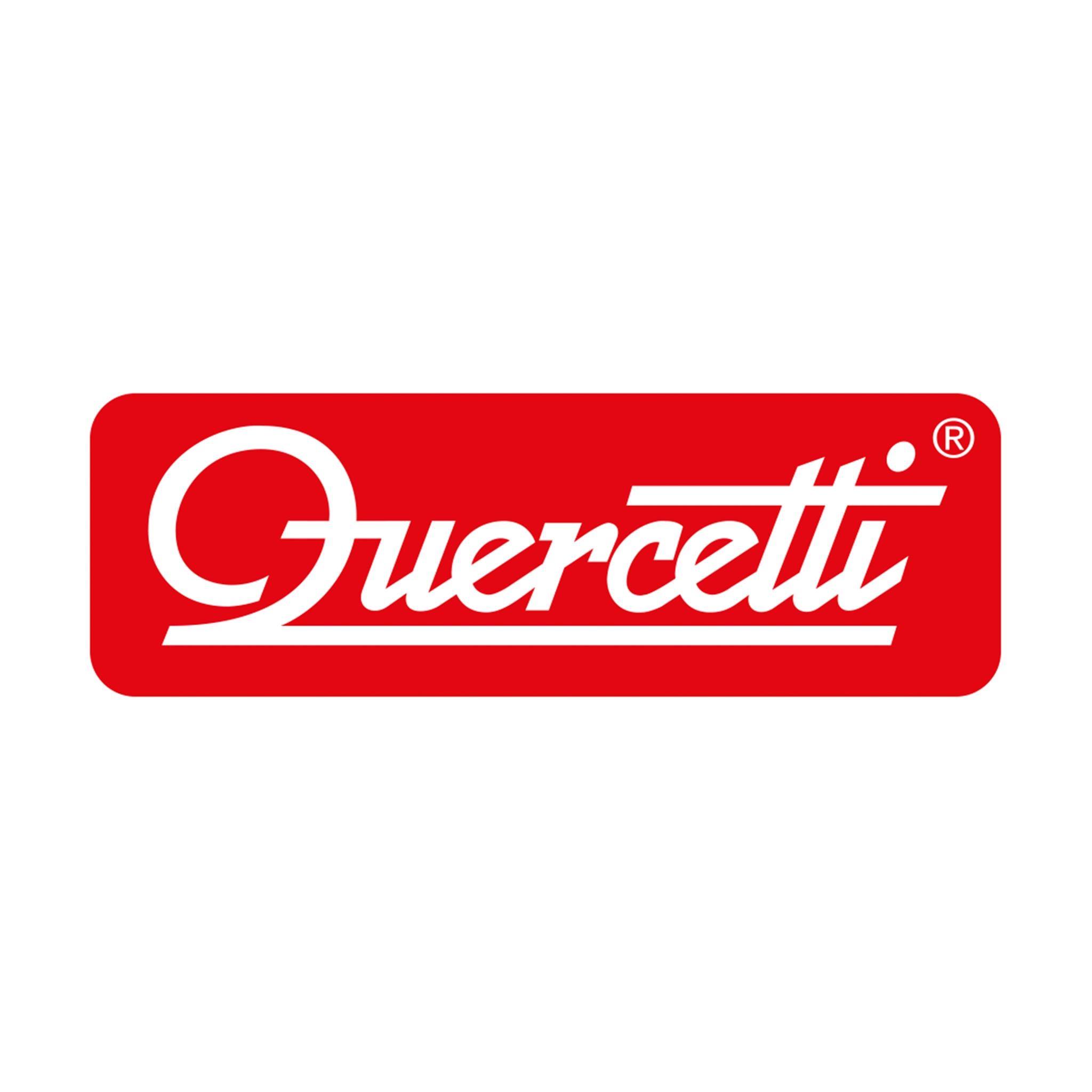Play as support to the child’s growth
 Alessandro Quercetti, a worker in a toy factory, when the company went bankrupt asked – as severance pay – for some equipment that he decided to employ for the production of toys: in the space of five years, in 1950, the now historical Quercetti brand, well established both in Italy and abroad, was born.
Alessandro Quercetti, a worker in a toy factory, when the company went bankrupt asked – as severance pay – for some equipment that he decided to employ for the production of toys: in the space of five years, in 1950, the now historical Quercetti brand, well established both in Italy and abroad, was born.
The company is still based in Turin, where it manufactures 100 per cent of its toys, so resulting a totally integrated enterprise, one of just a few in Italy, where all products are conceived, designed, manufactured and shipped internally. Quercetti counts on about 70 direct employees and over 20-25 indirect collaborators. In the United States it has a trading office and its own sales force and in France a dedicated sales force, while it exports to 50 more countries through distributors and agents. Since the beginning, the brand’s main aim is to develop products which can assist the children during their growth stages, at the same time entertaining them.
In the 2020-21 period the PlayBio toy line was the most important new introduction: its items are produced employing a special bioplastic composed of 40 per cent wood fibres and recycled plastic for the rest.
Founder’s grandson Umberto Quercetti, National Key Account & Business Development Manager, comments: “In the last two years PlayBio has been very well accepted by the market, both among professionals and consumers, and in 2022 we undertake to expand the line further. Meanwhile, we have revised some historical SKUs of the Pegs line offering eight new products. On the environmental sustainability front, besides the focus on the PlayBio line we are engaged in a communication campaign concerning the activities whereby the company commits itself to become carbon neutral or, better still, even to remove more CO2 than it emits. We plan to reach our goal within 5/7 years by means of a long-term project. We want it to be understood that Quercetti minds the environmental issues seriously. As regards sustainable products, it is true that their price is higher but in our case, amounting to just 10-15 per cent more, the difference is respected and accepted by the consumer who realizes it is a different proposal, in terms of technical features and materials, and acknowledges its added value”.
Photogallery
Web








